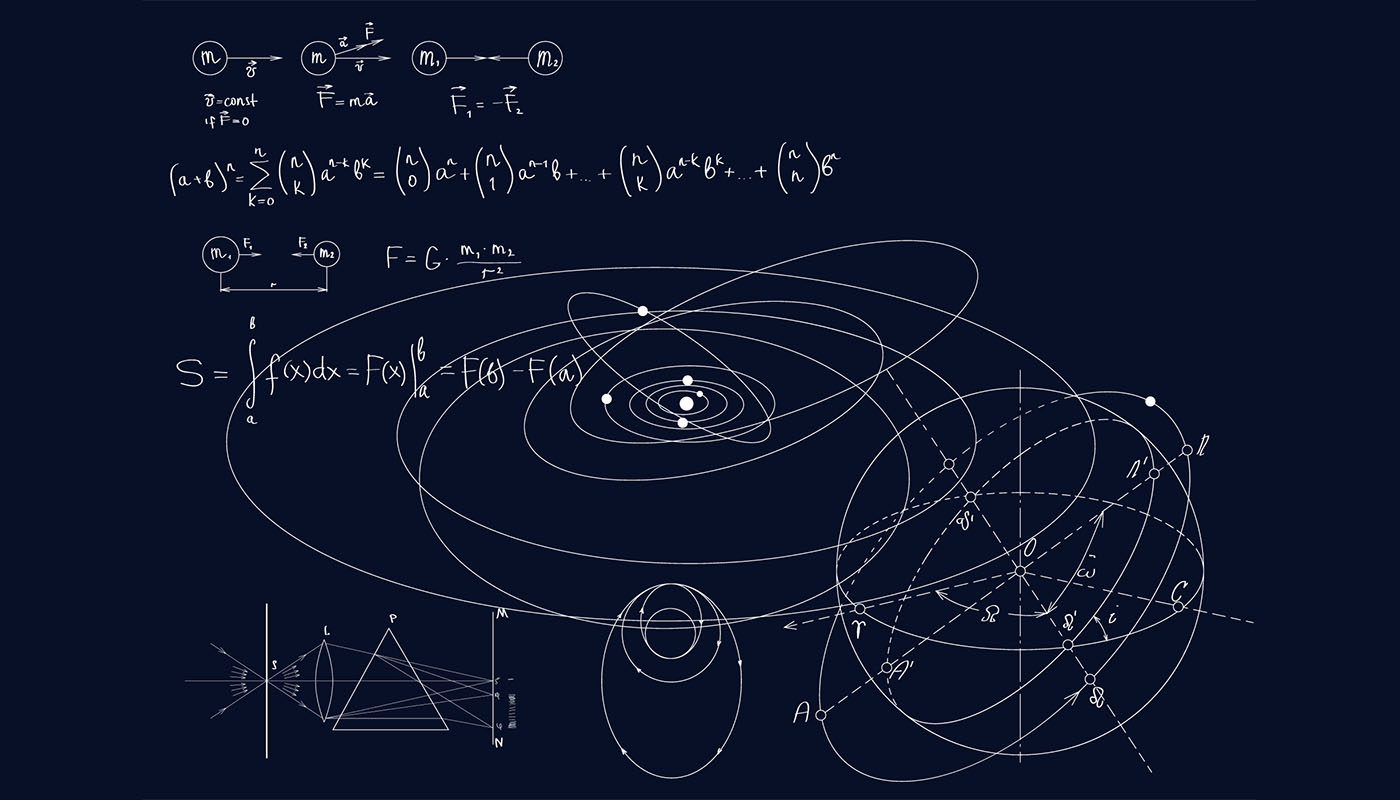THE KOOPMAN OPERATOR IN ASTRODYNAMICS: ESTIMATION, CONTROL, AND OPTIMIZATION
23 February 2024 — 1 minutes read

PhDAER Seminar
Monday, February 26, 2024, at 11:00 am - Dipartimento di Scienze e Tecnologie Aerospaziali, Politecnico di Milano, Sala Consiglio DAER, Second Floor, Campus Bovisa, Via La Masa, 34, Milano (MI)
Recently, the Koopman Operator (KO) has emerged as a promising alternative to the geometric perspective for dynamic systems, where the Koopman Operator provides the solution of any observable as a linear combination of orthogonal polynomials.
The KO is applied to various astrodynamics to describe the motion of a satellite in periodic orbits near libration points, in the perturbed two-body problem, and relative motion around another resident space object. Simulation results show that the KO calculates an analytical solution to the system, providing information regarding stability and periodic orbits. The novel KO representation is then exploited for estimation applications, where new filters have been developed and applied to station-keeping maneuvers. Thus, a novel uncertainty quantification technique is proposed in which the KO solution is expanded to include the prediction of central moments up to an arbitrary order.
Lastly, the KO solution is exploited to derive many control techniques, following a direct and an indirect approach. Application results show that the KO methodologies solve optimal inverse control rendezvous problems, constant thrust applications, and two-point boundary value problems.
The seminar can also be attended online at this link ↗:
Speaker:
Simone Servadio received his Ph.D. degree in aerospace engineering from the University of Texas at Austin, Austin, TX, USA, in 2021. He is currently an Assistant Professor in the Department of Aerospace Engineering at the Iowa State University (ISU), Ames, IA. Prior to joining ISU, he worked as a postdoctoral associate at the Massachusetts Institute of Technology, Cambridge, MA, USA. His research interests include nonlinear estimation, autonomous navigation, optimal control, and space domain awareness.
23.02.2024